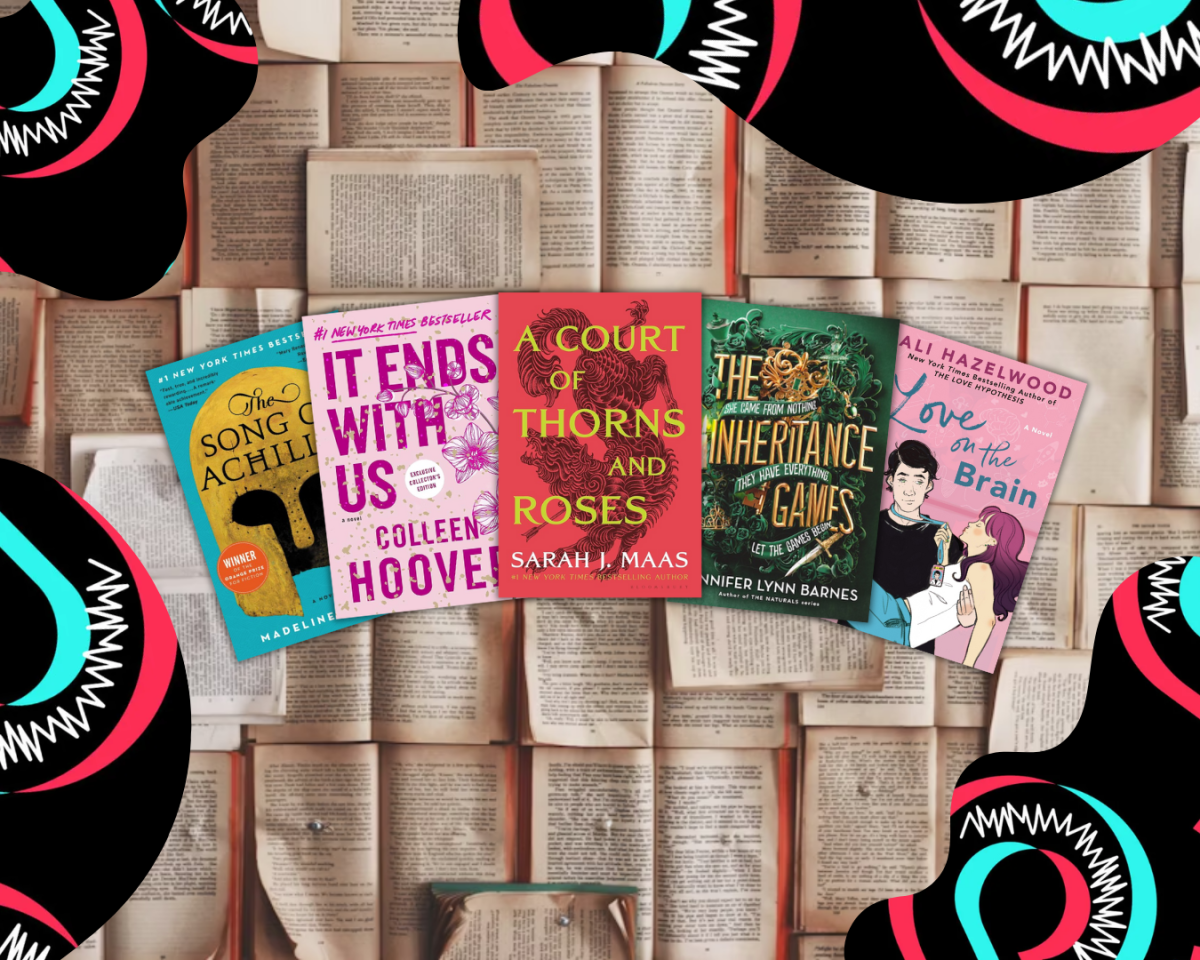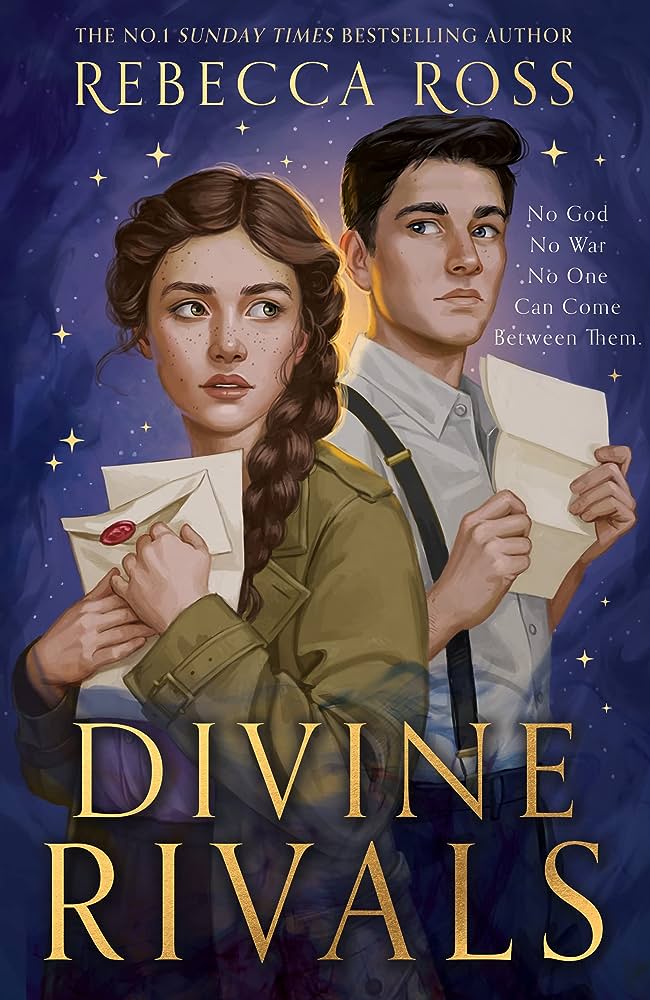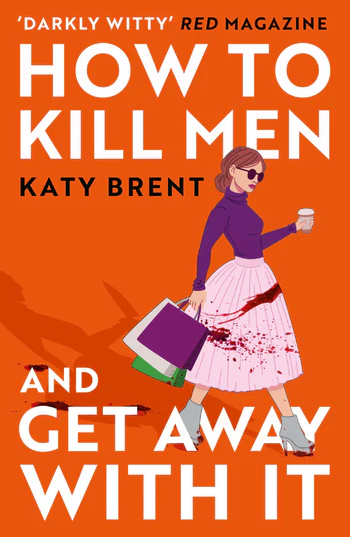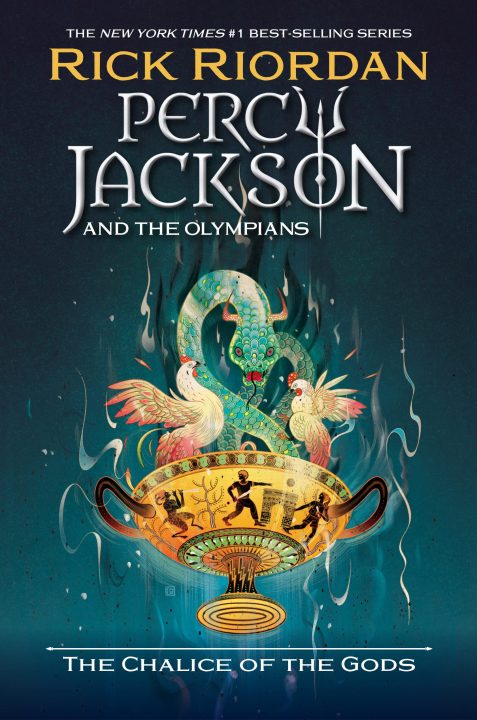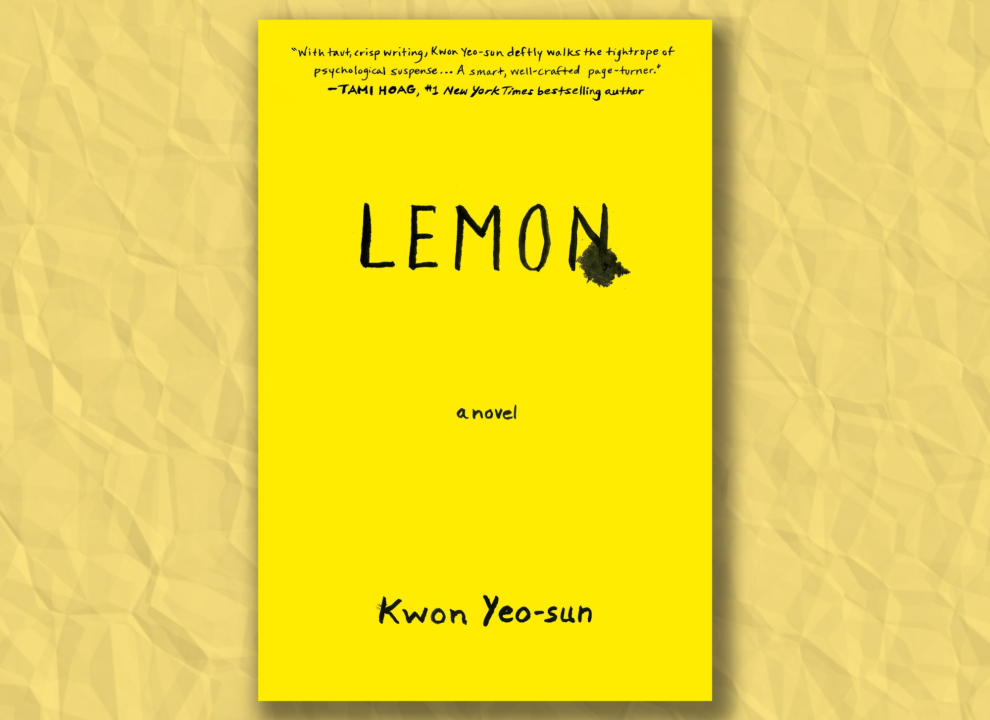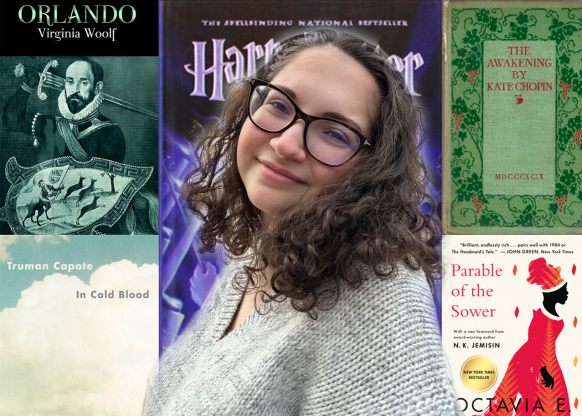
In today’s literary world, tastemaking websites and recommendation algorithms are seemingly everywhere. While these platforms have their value, it can be difficult to cut through the clutter and find reading suggestions of genuine value. Nothing can quite replace a close friend’s urging to check out their latest favorite novel.
Over the next few weeks, The Statesman will be rolling out “The Books That Made Us,” in which members of the newspaper’s editorial board share the five books that helped shape the person they are today. Our goal is to provide a reading list that represents the diverse backgrounds and opinions of a modern college campus, while also giving readers the opportunity to learn a bit more about our editorial board.
From the earliest time I can remember, my parents always made sure I had a book in my hand. I wasn’t a video game enthusiast or an “iPad kid” — I was that kid who would rather sit on the bleachers and read a book than join in on the soccer game.
Reading made me the person I am today. It taught me about different perspectives and walks of life. It exposed me to historical events and ideas that I may have never discovered otherwise. It influenced my decision to pursue a career as an English teacher and (hopefully) to strive for a PhD in English further down the line.
The idea for this “series” came around for a couple of different reasons. First of all, you can learn a lot about someone based on the books that inspired them. Books reflect our interests, personalities and morals. Second of all, what better way to get to know the editors of The Statesman than through writing about, well, the writing that inspired us? And finally, I think we tend to forget about the importance of literature in society. It pains me that so many people dismiss reading as a hobby or don’t take the time to pick up a good book. Sure, we’re all busy, overworked and stressed. But, I really do hope that maybe one of the books listed below interests you and causes you to pick it up!
I could think of a hundred books that made me the person I am today, because I honestly couldn’t tell you who I’d be if I didn’t grow up grabbing every vaguely interesting book off the shelves and anxiously awaiting for my “grown-up” library card. Fortunately for you, I’m only listing five books that hold prominence in my life.
- The “Harry Potter” series by J.K. Rowling
The Harry Potter series was my “literary awakening.” I’ll give credit to my mom for her effort in making me read them — it took her months to convince me to open “Harry Potter and the Sorcerer’s Stone.” It took me all of five pages to get hooked. Eight-year-old me had never been immersed in something so, well, “magical,” before. I read those books until the spines fell apart. I still remember running into my art class and asking my teacher if she had tape that could fix my edition of “Harry Potter and the Order of the Phoenix” when the spine holding together the whopping 865 pages split in two.
Harry Potter got me through the toughest times in my life; when my dad passed away while I was in seventh grade, I returned to Harry Potter, immersing myself in the beautiful memories I had made with him at the screenings of the final two movies, which he was kind enough to take me to. The childlike wonder in those pages is limitless — just writing about it makes me want to pick up my copies and read it all over again.
2. “Parable of the Sower” by Octavia Butler
I don’t think I’d ever be able to speak to my honors thesis advisor again if I didn’t include this book on my list: my inspiration for writing a nearly 40-page paper on the importance of recognizing science fiction as a prominent literary genre. If you were to ask me for a book recommendation, this would be the first title to come out of my mouth.
Octavia Butler is famous for her trailblazing science fiction that tackles topics such as race, gender, climate change and disability. Her titles span from “Kindred” to “Bloodchild,” and while I adore those books too, “Parable” is the book that gave me a wake-up call. I thought I had some comprehension of the danger our world was in until I read Butler’s prediction for the near-future from the point of view of a teenage girl living in a version of California torn apart by climate change and political turmoil. This isn’t just a must-read for science fiction fans; it’s a must-read for everyone.
3. “In Cold Blood” by Truman Capote
In high school, I was introduced to Truman Capote’s novel “In Cold Blood,” a nonfiction novel chronicling the story of a small town rocked by the violent murders of a family of five. It was unlike anything I’d ever read before. I was fascinated by Capote’s description of the murders — from mere visits and interviews, he pieced together information about that fateful night and the following investigation to write a narrative that reads as if he was present for the murders. The struggle he endured in growing closer to the convicted murderers was jarring yet heavily intriguing. I had never read anything like it, and I don’t think I ever will. It’s mandatory reading for any true-crime lover or journalism major.
4. “The Awakening” by Kate Chopin
Kate Chopin introduced me to feminist literature. Her beautifully written story about a woman who abandons her restrictive Creole lifestyle for a life of freedom in a time where such a thing was unimaginable started my deep dive into feminist literature. Chopin’s novel — which resulted in her being blacklisted due to the displayed feminist themes that weren’t societally accepted during its publishing in 1899 — is arguably one of the most important works of American literature ever written. A classic AP Literature selection, “The Awakening” gives a rich and descriptive narrative that is still painfully reflective of our society today, over 100 years later.
5. “Orlando: A Biography” by Virginia Woolf
I was first introduced to “Orlando,” Virginia Woolf’s novel about a transgender poet, in my British literature class last spring. Another prominent piece of feminist literature, “Orlando” explores sexuality and gender in a way that was unprecedented for a novel published in 1929. I loved the exploration of gender roles in the novel — Orlando comes to notice various struggles of being a woman as she transitions and travels Europe. Its satirical nature makes it joyous to read, and Woolf’s decision to make Orlando “ageless” — the novel takes place over several centuries — leads to some interesting conversations between Orlando and various significant figures in English literature. Like “The Awakening,” it is a classic of feminist literature, and will absolutely give you insight into gender roles and issues like you’ve never seen before.
Read more “Books That Made Us”:











